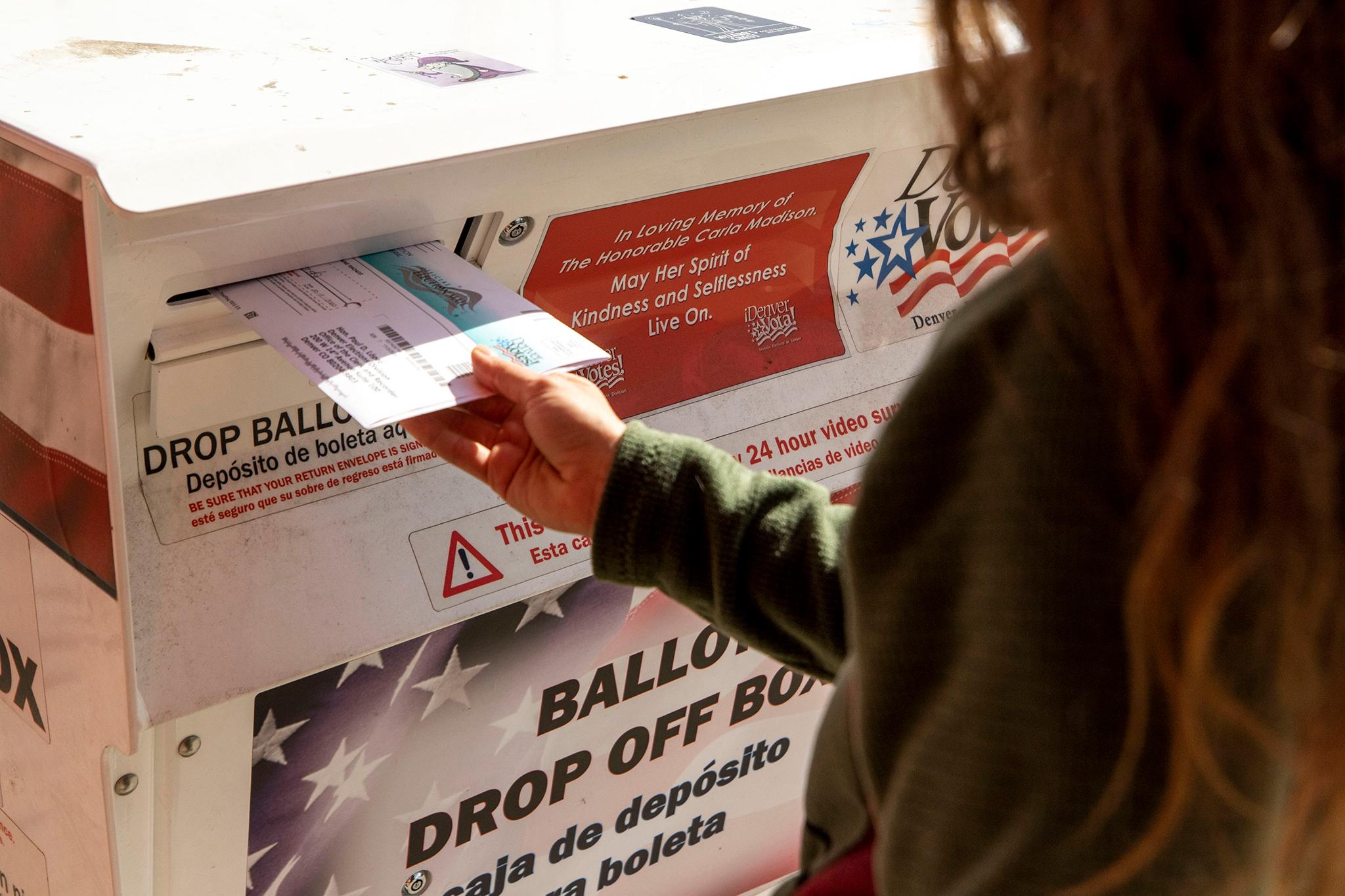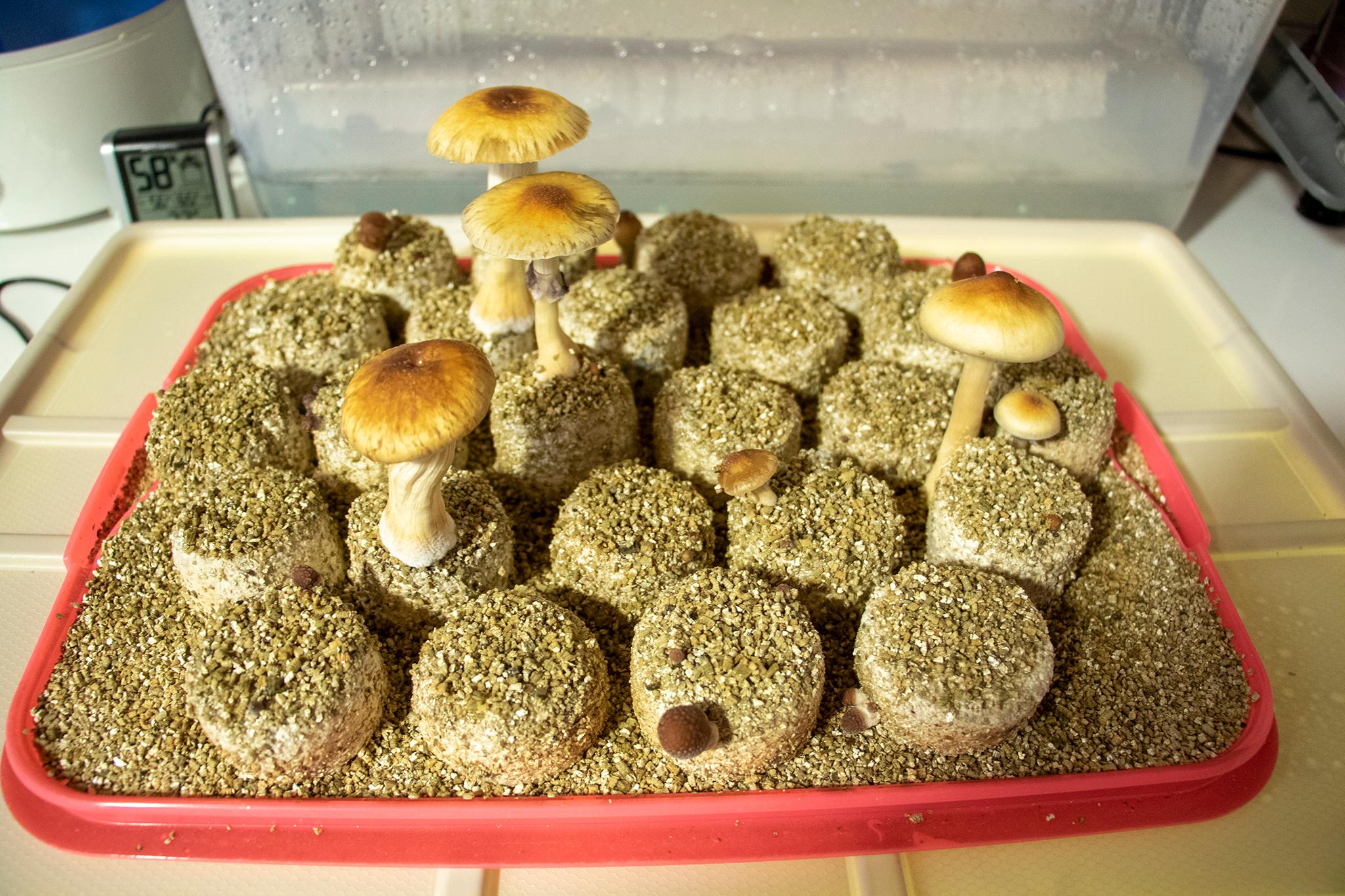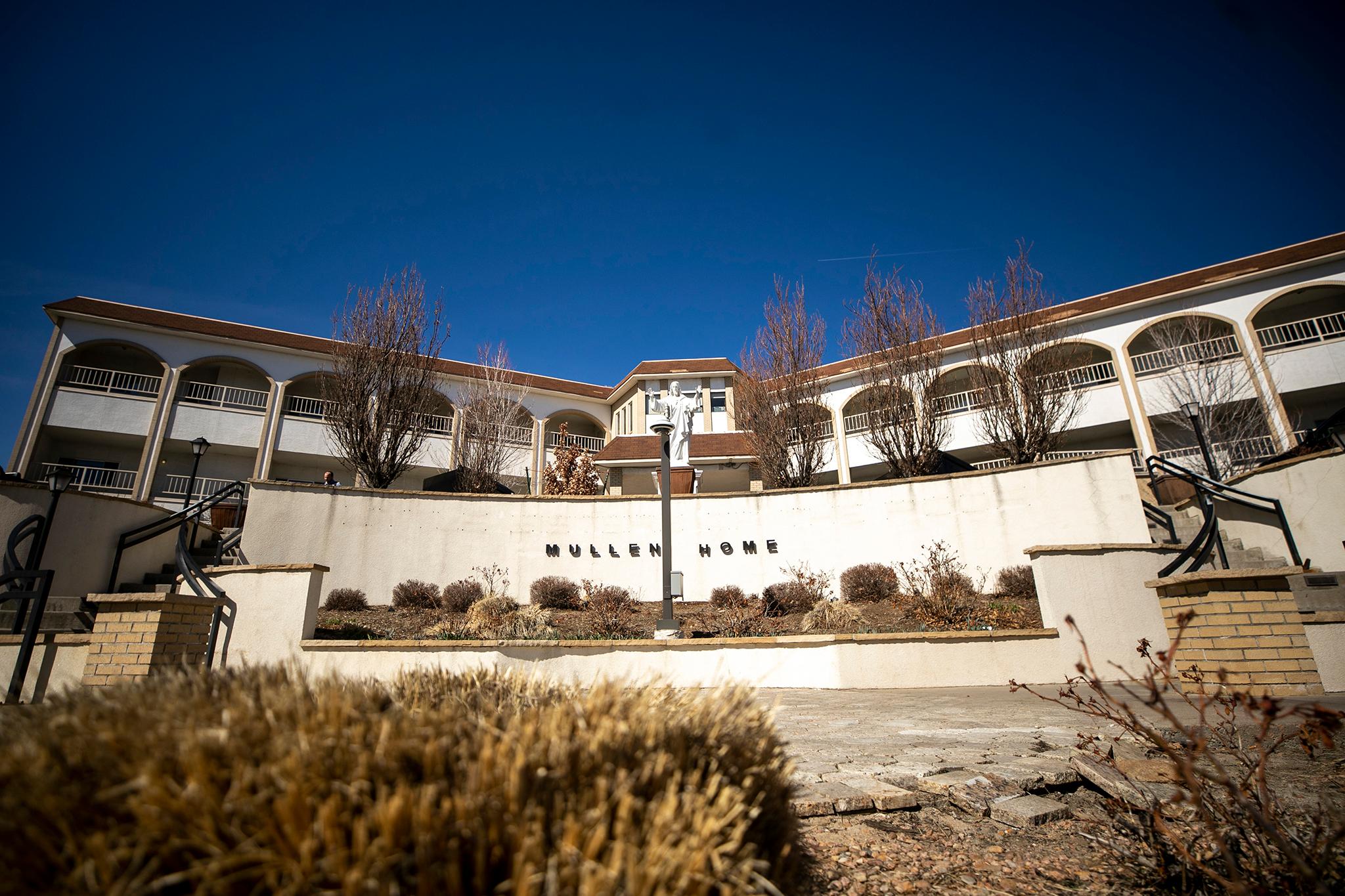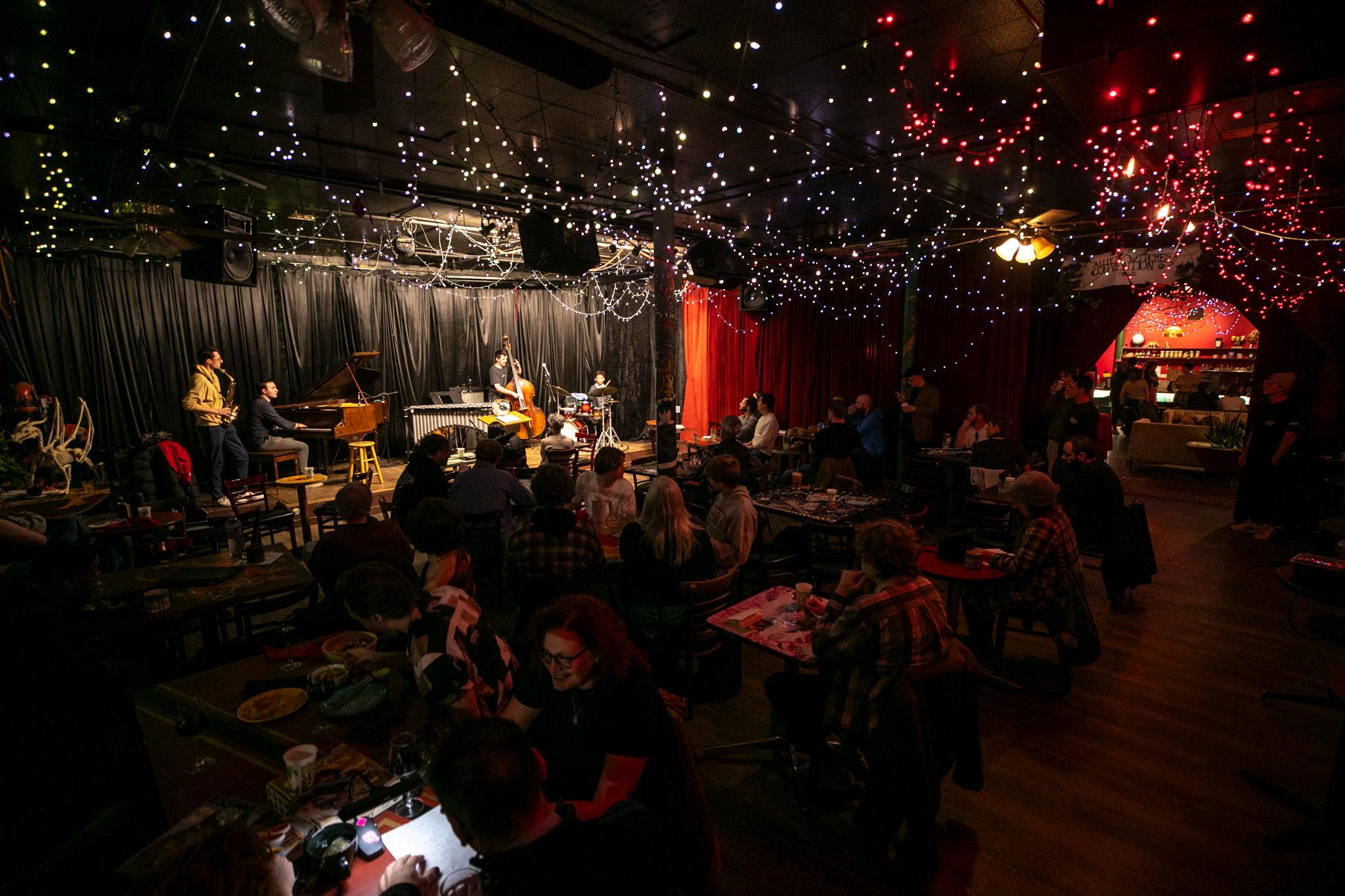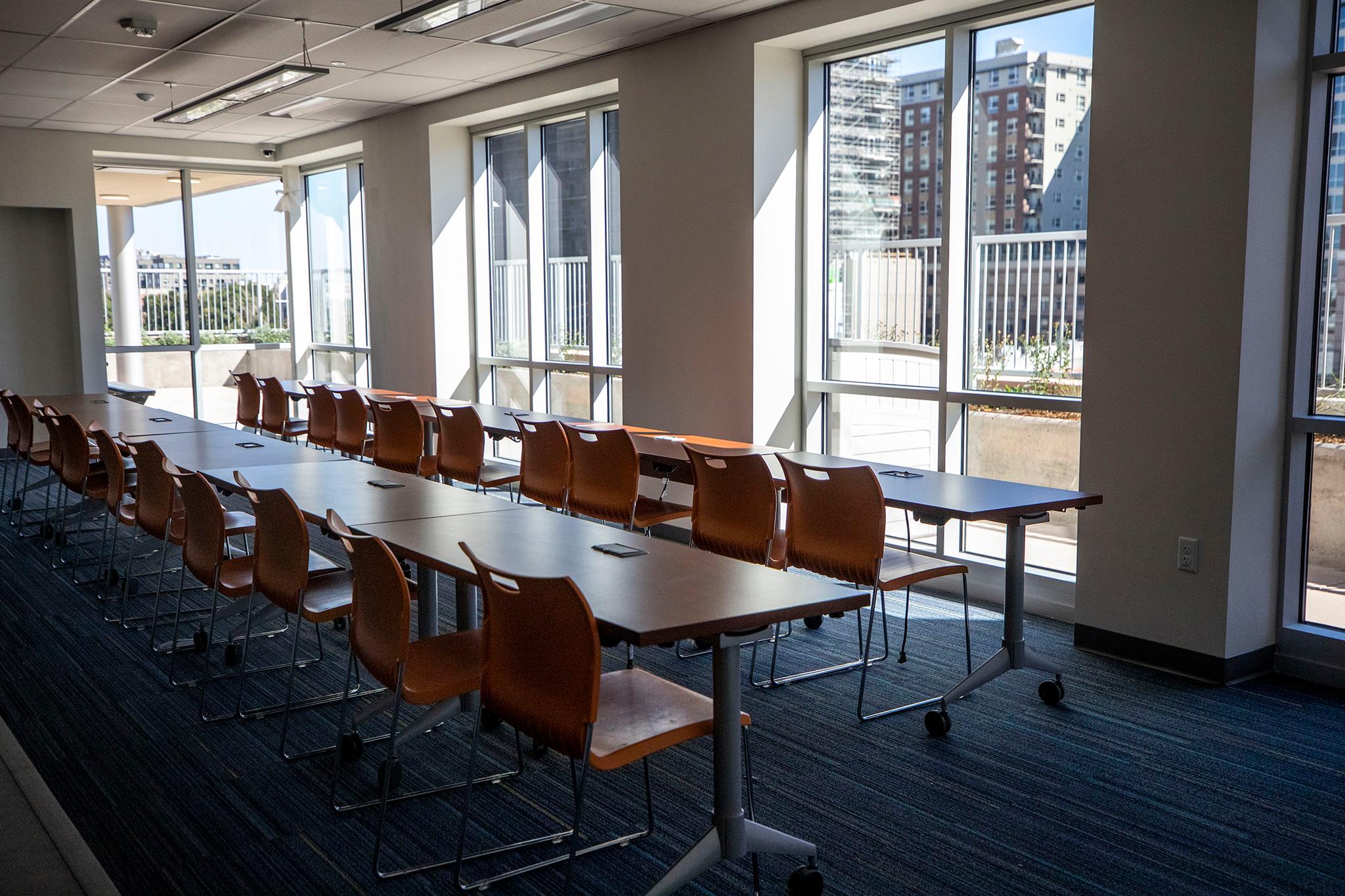Denverites are voting at higher rates than they did, at this point, in every municipal election in the past 12 years -- including in April, with there were 17 candidates on the ballot.
This is the first time there hasn't been an incumbent running for mayor since Michael Hancock took office in 2011.
At stake: a runoff for the city's next mayor between Kelly Brough and Mike Johnston.
Record campaign contributions have poured into that race. Johnston's supporters have contributed more than $4 million, outspending Brough's nearly four-to-one, in reported campaign contributions to both the candidates and the independent expenditure committees backing them.
Three City Council races also have runoffs.
Voter turnout has been scant in District 8, where Brad Revare and Shontel Lewis are vying for Chris Herndon's seat. It has been stronger in District 9, where Candi CdeBaca is defending her seat against Darrell Watson. And it has been strongest in District 10, where Chris Hinds is defending his seat against Shannon Hoffman.
Currently, 89,879 ballots have been cast, or just over 20% of registered voters.
In April, a surprising number of Denverites voted on the day of the election, and theoretically, nearly 80% of voters could still turn out.
The majority of those who have voted are 55 and older: 53,261. Only 42,508 from 18 to 54 have decided to weigh in so far.
Turnout continues to be low in west and northeast Denver.
The highest turnout, at over 50%, is in Windsor, in southeast Denver, and in the Belcaro neighborhood.
Democrats have come out in strength, casting nearly 25% of their votes. Under 16% of unaffiliated voters, who represent the largest slice of the city's electorate, have voted. And just over 23% of Republicans, who represent a fraction of Denver voters, have cast ballots.
Still deciding how to vote? Check out Denverite's runoff voter guide.

